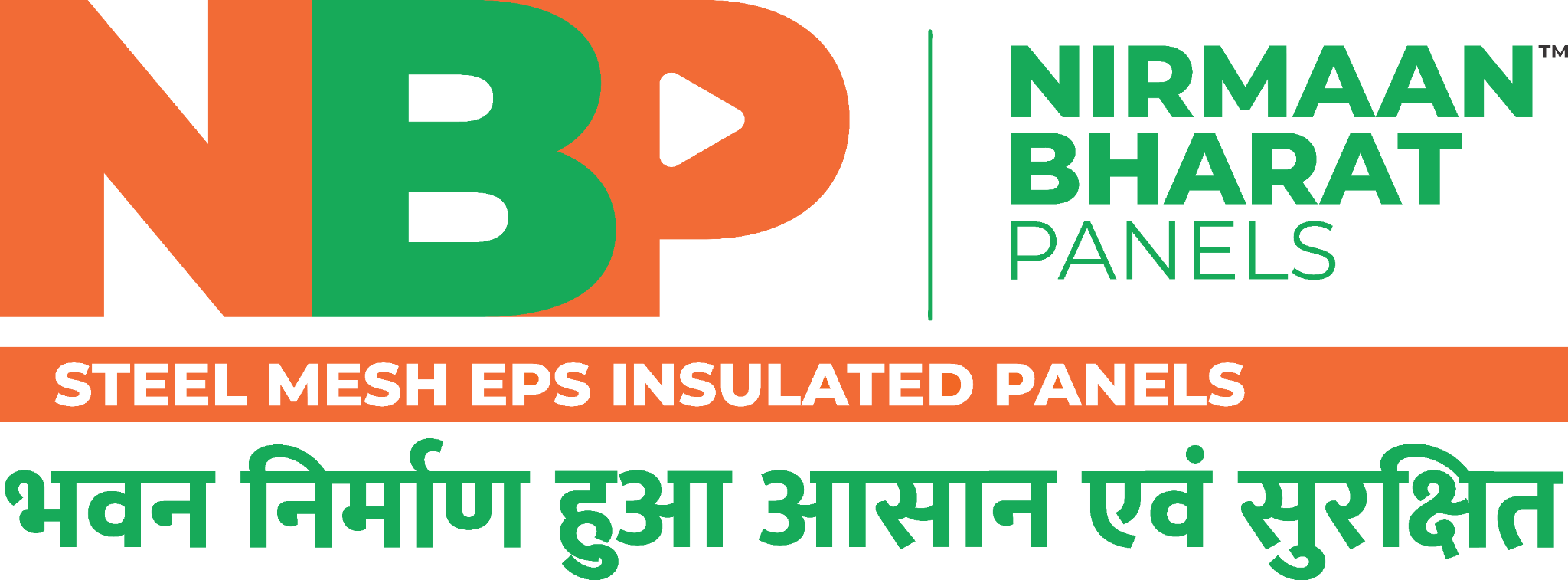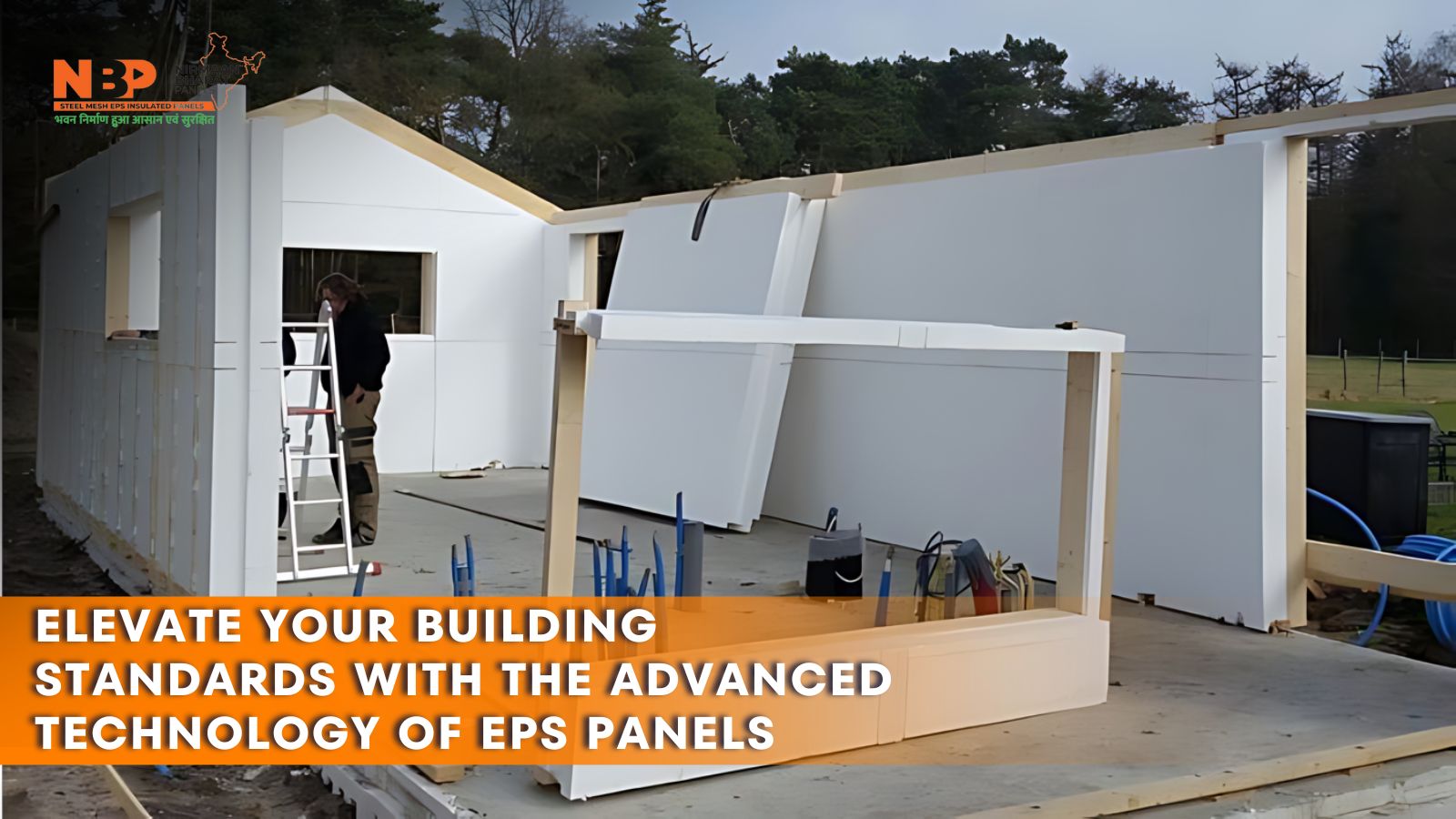In the rapidly evolving world of construction, the quest for materials that offer superior performance, cost-efficiency, and sustainability is never-ending. Expanded Polystyrene (EPS) panels have emerged as a cutting-edge solution, transforming how we approach building design and construction. With their advanced technology EPS panels are setting new standards in the industry, providing exceptional benefits that cater to modern needs. This blog delves into how EPS panels elevate building standards, exploring their advanced technology, benefits, applications, and the future of construction with EPS.
Table of Contents
ToggleWhat Are EPS Panels?
Expanded Polystyrene (EPS) panels are a type of rigid insulation material made from polystyrene foam. These panels consist of a core of EPS foam, which is often sandwiched between layers of other materials such as cement, gypsum, or plaster. The result is a lightweight yet robust panel that offers excellent thermal insulation, structural strength, and versatility.
EPS panels are used in various construction applications, including walls, roofs, and flooring. They are particularly known for their energy efficiency, ease of installation, and durability, making them a popular choice for both residential and commercial buildings.
Advanced Technology Behind EPS Panels
The technology behind EPS panels is what sets them apart from traditional building materials. Here are some key aspects of their advanced technology:
1. Superior Insulation Properties
A significant benefit of EPS panels is their outstanding thermal insulation properties. The EPS foam core has a low thermal conductivity, meaning it effectively resists the transfer of heat. This results in a significant reduction in energy consumption for heating and cooling, making EPS panels a highly energy-efficient choice for modern buildings.
The advanced manufacturing process of EPS panels ensures consistent insulation performance. The foam is expanded and moulded to create a uniform structure, eliminating gaps and weak points that can compromise thermal efficiency.
2. Lightweight and High Strength
EPS panels are remarkably lightweight compared to traditional materials like concrete and brick. Despite their low weight, EPS panels provide excellent structural strength. The combination of the EPS core and outer layers creates a robust panel that can support significant loads, making it suitable for a variety of construction applications.
The lightweight nature of EPS panels also simplifies handling and transportation, reducing logistical challenges and associated costs. Additionally, the ease of installation helps accelerate construction timelines, allowing for faster project completion.
3. Moisture and Weather Resistance
EPS panels are designed to withstand various environmental conditions. The EPS foam core is resistant to moisture, preventing water infiltration and reducing the risk of mould and mildew growth. This characteristic ensures that EPS panels maintain their performance and structural integrity over time, even in humid or wet environments.
The outer layers of EPS panels, such as cement or plaster, provide additional protection against weather elements. These layers are engineered to resist damage from UV rays, rain, wind, and temperature fluctuations, ensuring the longevity of the panels and the building.
4. Fire Resistance
Safety is a crucial consideration in building design, and EPS panels offer excellent fire resistance. The EPS foam used in the panels is treated with flame-retardant chemicals, reducing its flammability and limiting the spread of fire. This fire-resistant property enhances the safety of buildings constructed with EPS panels, making them suitable for both residential and commercial applications.
EPS cement sandwich panels, in particular, offer enhanced fire resistance due to the cement layers that provide an additional barrier against flames and heat. Consequently, they are particularly well-suited for structures where fire safety is of utmost importance.
Benefits of Using EPS Panels
The advanced technology behind EPS panels translates into a wide range of benefits for construction projects. Here’s how EPS panels can elevate building standards:
1. Energy Efficiency and Cost Savings
EPS panels are renowned for their energy efficiency. By providing excellent thermal insulation, EPS panels reduce the need for extensive heating and cooling, leading to lower energy bills. For commercial buildings, this translates into significant cost savings over the lifetime of the building.
The cost-effectiveness of EPS panels extends beyond energy savings. The panels are affordable compared to traditional building materials, and their ease of installation further reduces labour costs. The combination of these factors makes EPS panels a smart investment for both new construction and renovation projects.
2. Faster Construction and Reduced Labor Costs
The lightweight and easy-to-install nature of EPS panels contributes to faster construction timelines. The panels can be quickly assembled, reducing the time required for installation compared to traditional materials. This efficiency not only speeds up project completion but also minimizes labour costs, as fewer workers are needed on-site.
In addition to reducing labour costs, the fast installation process allows for quicker occupancy of commercial spaces, enabling businesses to start operations sooner and realize returns on investment faster.
3. Versatility and Design Flexibility
EPS panels offer remarkable versatility in design and application. They can be customized to meet specific architectural requirements, including various thicknesses, sizes, and shapes. This flexibility allows architects and builders to create innovative designs and accommodate unique building features.
The versatility of EPS panels extends to their use in different construction elements. Whether for walls, roofs, or flooring, EPS panels can be adapted to suit various building needs, making them a valuable material for a wide range of projects.
4. Environmental Sustainability
Sustainability is a growing concern in the construction industry, and EPS panels contribute to greener building practices. The panels are made from recyclable materials and have a lower environmental impact compared to traditional building materials. Additionally, the energy savings provided by EPS panels reduce the overall carbon footprint of a building.
The production process for EPS panels is also more energy-efficient than that of many other materials. By choosing EPS panels, builders can support sustainable construction practices and contribute to a more eco-friendly industry.
5. Enhanced Durability and Maintenance
EPS panels are designed to be durable and low-maintenance. The panels resist damage from environmental factors such as moisture, UV rays, and temperature changes, ensuring their longevity. This durability reduces the need for frequent repairs and maintenance, saving time and costs for building owners.
The resistance to moisture and mould also means that EPS panels help maintain a healthy indoor environment. This is particularly important in commercial buildings where indoor air quality and occupant comfort are critical.
Applications of EPS Panels in Commercial Construction
EPS panels are versatile and can be used in various commercial construction applications. Some common uses include:
- Office Buildings: EPS panels provide excellent thermal insulation and soundproofing, creating comfortable and energy-efficient office environments.
- Retail Spaces: The quick installation and cost-effectiveness of EPS panels make them an ideal choice for retail spaces, allowing for rapid build-out and lower expenses.
- Hotels: EPS panels enhance energy efficiency and comfort in hotels, contributing to lower operating costs and improved guest experiences.
- Industrial Facilities: The strength and durability of EPS panels make them suitable for industrial buildings, where structural integrity and weather resistance are essential.
- Educational Institutions: Schools and universities benefit from the thermal insulation and soundproofing properties of EPS panels, creating conducive learning environments.
The Future of EPS Panels in Construction
As the construction industry continues to evolve, EPS panels are poised to play a significant role in shaping the future of building materials. With ongoing advancements in technology and increasing awareness of sustainability, EPS panels are likely to become even more prevalent in commercial construction.
Future developments may include enhanced formulations of EPS foam, improved fire resistance, and innovations in panel design. These advancements will further solidify EPS panels as a leading choice for modern construction projects, offering even greater benefits for builders, architects, and building owners.
Conclusion
Elevating building standards with advanced technology is crucial for meeting the demands of modern construction. EPS panels, with their superior insulation, strength, moisture resistance, and fire safety, offer a comprehensive solution that addresses the needs of today’s construction industry. The benefits of EPS panels extend beyond energy efficiency and cost savings, encompassing versatility, sustainability, and durability.
As the industry continues to embrace innovative materials, EPS panels stand out as a valuable asset in creating efficient, durable, and eco-friendly buildings. By incorporating EPS panels into your construction projects, you can achieve higher standards of performance and contribute to a more sustainable and forward-thinking construction industry.



